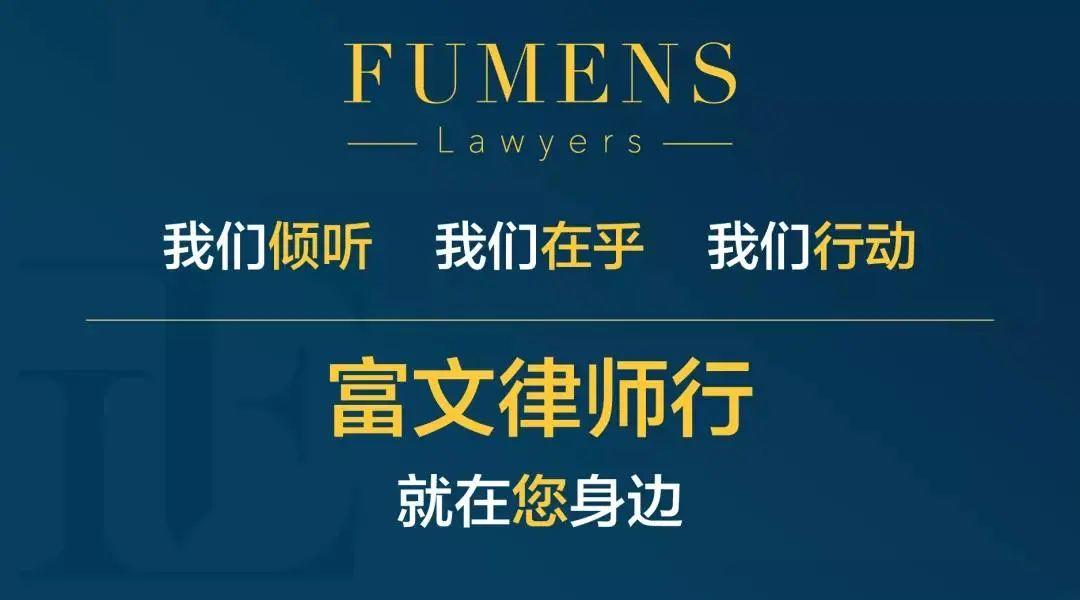
Can social media posts and chat messages be used as evidence in Court?
Messaging and social media applications such as Facebook and WeChat have become an indispensable part of our life, from daily conversations to business negotiations, people can discuss almost anything on them. So can chat records be used as evidence in court? Today we will briefly examine whether social media posts and chat messages can be used as evidence or not.
#1
Social media
In the past, cases were generally conducted mainly through oral evidence, that is, through examination in chief and cross-examination of witnesses, affidavits, and other relevant documents such as contracts, leases, etc. With the increasing popularity and accessibility of social media and mobile devices , we see more and more evidence gradually transforming into so-called “made” evidence such as chat history and screenshots.
#2
Hearsay evidence
However, courts do not always accept chat records, screenshots, and posts as reliable evidence. Generally, your conversation with anyone on social media will be regarded as documentary evidence. However, these conversations or screenshots are usually regarded as hearsay evidence by the court, and generally inadmissible unless it can be tendered through a witness or fall within an exception listed in the relevant legislation. On the other hand, data generated by any server, such as time and place, will generally be recognised as real evidence.
#3
Your social media posts can also be detrimental to your case
For example
Ms. Lee claimed that a car accident caused impairment to her cognitive function, diminished her decision-making ability and concentration, and caused excessive stress that prevented her from maintaining social relationships. The case was going smoothly until the other side provided evidence regarding Ms. Lee’s social media posts. Ms. Lee regularly updates her account to document her busy social life She was also an enthusiastic Facebook gamer and posted many impressive high scores she had earned in the game. The evidence provided was clearly contradicting Ms. Lee’s previous claims. Consequently, the final judgement was far from what she expected.
Tips
With the advancement of technology, WeChat and other social media platforms have become an essential part of our lives. It is certain that the law and relevant rules will continue to evolve as courts consider more cases. If you encounter any dispute, please feel free to consult our experienced lawyers, our professional team will try our best to solve your problems.
Disclaimer
This article is only a general guide and does not apply to readers’ individual cases. Based on the information provided, readers should not make any legal decisions without seeking professional legal advice from an Australian Legal Practitioner. Fumens Lawyers hereby declares that readers who refer to this article do not constitute a lawyer-client relationship with our firm, therefore, Fumens Lawyers will not be liable for any losses caused as a result of relying on the information contained within this article.
Fumens Lawyers
Wendy Wang
Principal
Casey Chow
Associate
Nick Zheng
Associate





